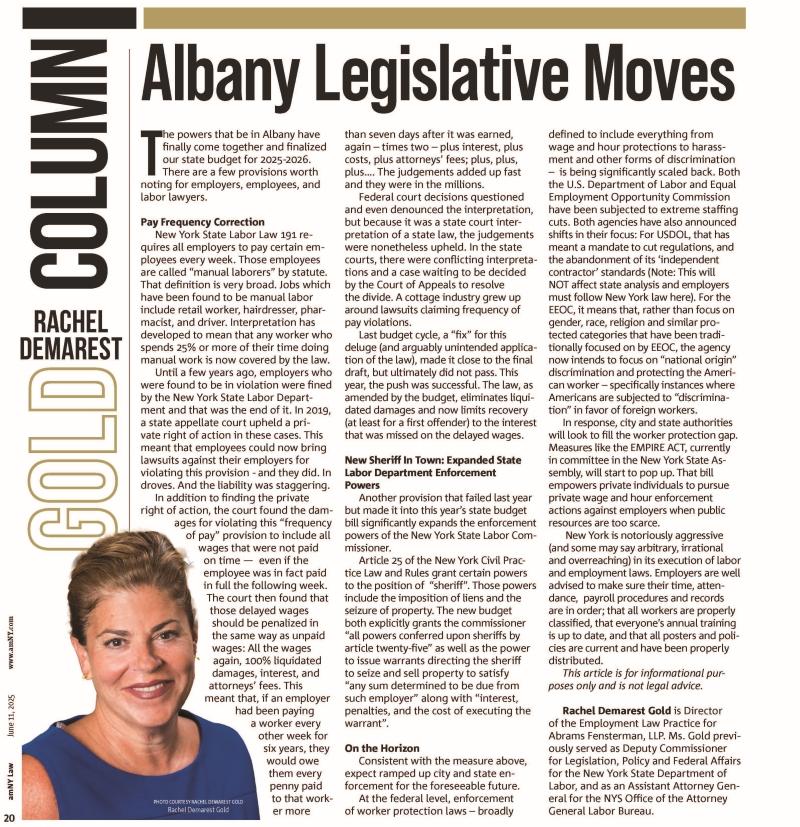In today’s difficult economic healthcare climate, more medical practices are considering factoring for the collection of their outstanding accounts receivable due to financial stress they may be facing. However, providers should be wary when utilizing factoring agreements; as such agreements may have significant legal implications on their medical practices.
Medical factoring is an arrangement where a healthcare provider receives immediate payment from companies (such as collections agencies or service bureaus) for outstanding billings to third-party payors. An external company purchases a practice’s billings at a discount or for a fee and subsequently collects payments from the third-party payor. Under factoring arrangements, the company purchasing the receivables assumes the risk and control of collection.
There are two main reasons a health care organization would factor its accounts. First, there is an obvious financial need to collect outstanding money from patients and third parties, and second, the financial benefit of selling the outstanding receivables—even at a discount—outweighs possible returns from managing the collection of fees by the organization.
With financial challenges facing many medical practices, receiving immediate payment for outstanding accounts receivable may be an attractive option. However, it is important to note that Federal Law prohibits payment for Medicaid and Medicare services to anyone other than a provider or recipient, except in specific circumstances. Factoring agencies may not be used that advance money to a provider for these accounts receivable.
Payments may be made, however, to business agents (such as billing services or accounting firms) that furnish statements and receive payments in the name of the provider, if compensation paid to such business agents is related to the costs of billing and not based on a percentage of the amounts billed or collected. Payment may also be made to employers of the practitioner, if the practitioner is required to turn over his fees to the employer; to the facility where the service is provided, if the facility contractually submits the claim; or to a foundation, plan or similar organization with which the practitioner has a contract for claim submission.
If you or your practice is considering any type of medical factoring, it is important to consult with legal counsel to ensure that your collection practices do not violate Federal or State laws.
For more information on this or other employment-related issues, please your attorney contact at our firm.





